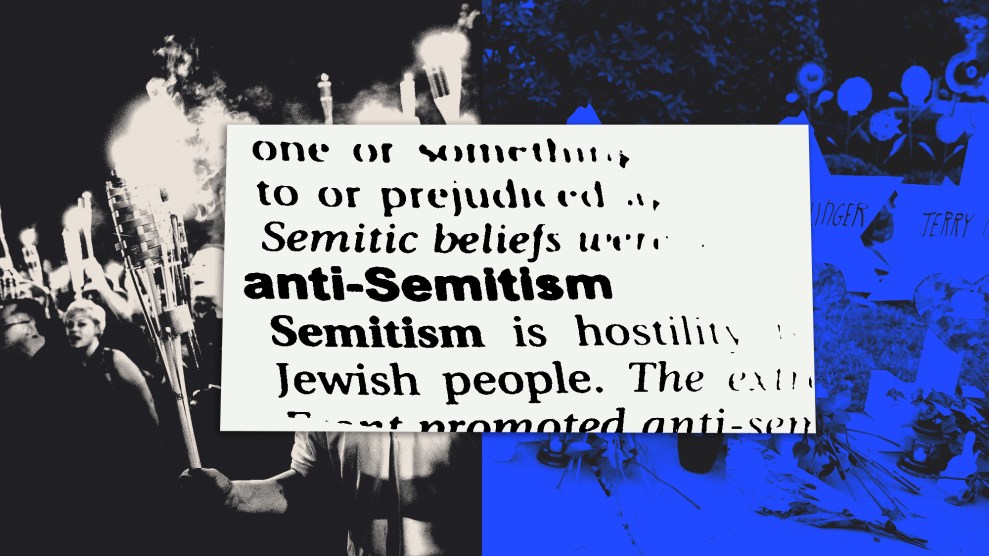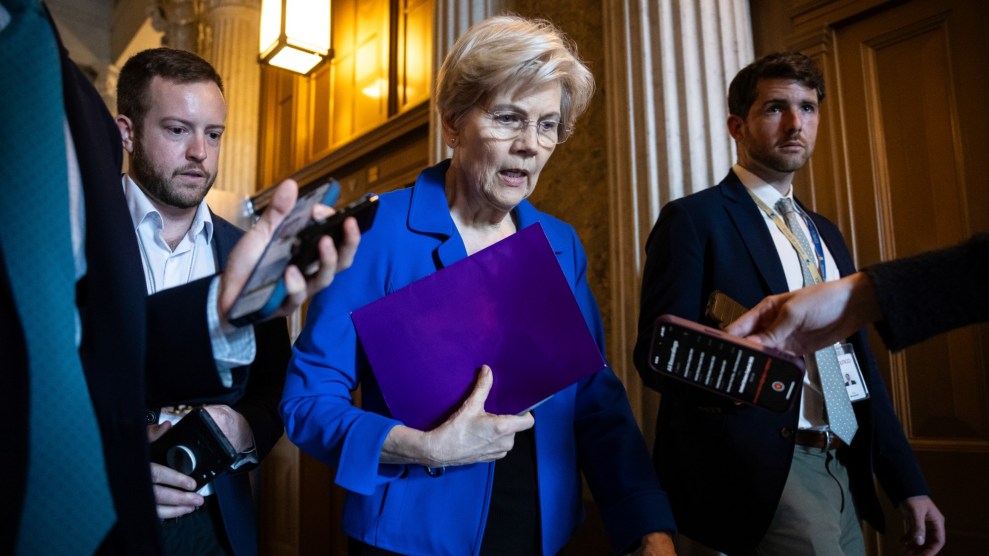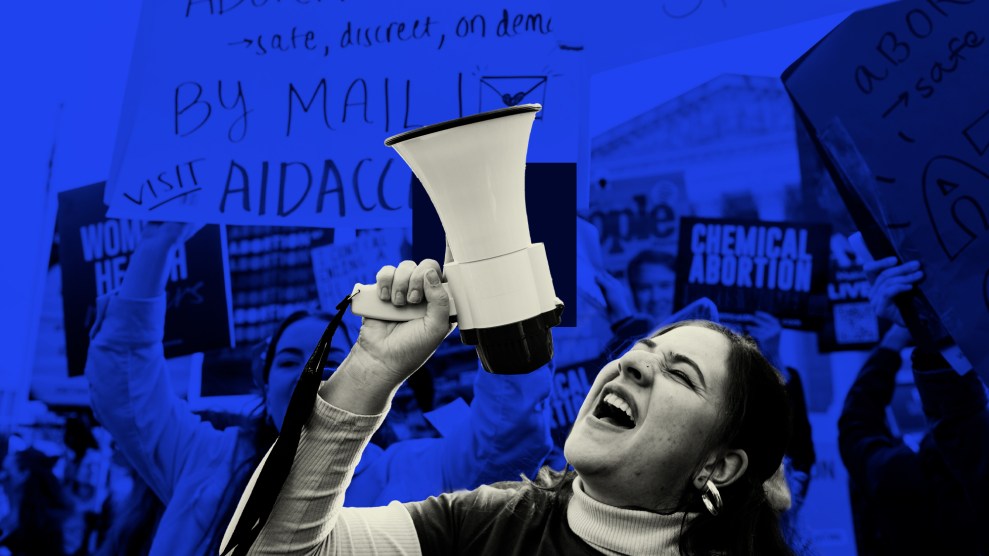On the flight home from Pittsburgh I sat next to Jane Hamsher and we chatted about healthcare reform. Our conversation got me wondering about something.
As you may know, there’s a group of liberal Democrats in the House who are threatening to vote against any bill that doesn’t include a public option.  Obviously they’re hoping that this threat will be enough to force the conference committee to include a public option in its final report.
Obviously they’re hoping that this threat will be enough to force the conference committee to include a public option in its final report.
But even if this works, no one thinks that such a bill can get 60 votes in the Senate. This means the only way to pass it would be via reconciliation.
So here’s my question: supposing this happens, what are we likely to lose if we go down the reconciliation road? The basic rule is that anything that doesn’t affect the budget is off limits and would have to be discarded, but in practice only an expert could tell us which provisions are likely to fall foul of the reconciliation rules. So who’s an expert on this kind of thing? I don’t have a clue. But before I decide what I think of this whole idea, I’d sure like to have a better sense of what I’m likely to get out of it. On one side, I lose the public option but the rest of the bill has a pretty good chance of passing. That’s straightforward. On the other side, I get a bill that includes a public option but loses a bunch of other stuff that can’t survive reconciliation. Like, say, community rating, which I suspect doesn’t have enough budgetary impact to stay intact. Ditto for just about everything else that reforms the private sector insurance industry.
So this is kind of a bleg. Who knows enough about this stuff to give us the lay of the land? If I have a choice between a bill that ditches the public option vs. a bill that keeps the public option but ditches a bunch of other stuff, which is better? It all depends on what the “other stuff” is. If anyone has any idea how to go about figuring this out, let me know in comments.

















